Brexit
Mention the words Brexit and fisheries and the words sell out and betrayal might follow soon after. The vague Brexit rhetoric recently of taking back control really meant something to British fishermen and coastal communities. The time has come, they say, to reclaim an industry that Ted Heath and his Conservative Government handed over to Brussels in return for membership of ‘The Club’. Speak to anyone from a fishing community and they will tell you: “Ted Heath was guilty of pulling the trigger that caused the death of the UK’s fishing industry and the demise of hundreds of coastal communities around the UK.”
Theresa May and her Conservative Government now have an opportunity to rectify the wrongs of the past. It’s hers for the taking. But she needs to be bold. And brave. There is simplicity of fishing compared to other industries. We are an island! We are a maritime nation! We are a fishing nation! A good or bad deal will be easily recognisable.
The European Community was created in the backdrop of war. The European Coal and Steel Community, initially between the French and the Germans, aimed to pool resources and more profoundly, to ensure that another war between European neighbours would never happen again. As the EU has grown, the shared and common values have become apparent. Look at how Britain’s relationship with Russia has deteriorated over the past few weeks and the immediate response of solidarity from all EU member states.
Unquestionably, there is a role for unity and cooperation between European allies. But in 1973 the UK was asked to share one of its most precious natural resources. Britain’s waters became Europe’s waters overnight, a shared resource. The British Isles, the UK and Ireland combined are home to 60% of EU waters, the most fertile waters within the EU’s control. I can’t think of another country in the world that has handed over control of a natural resource in the same way we have.
We now have an incredible opportunity to take back full control of our waters. As we negotiate our exit we have to accept there are a number of issues at play. Financial passporting, aviation, new trade deals, cooperation on security, the question of a border separating Northern Ireland and the Republic. What is the best outcome for Britain? What is the deal that will allow the UK to rebuild its position in the world order? Where does fisheries rank in the order of political priorities?
On reflection, similar pressures apply now as they did in the 1970s. But we don’t have to make the same mistake twice. Politicians traded away the UK’s fishing grounds to the detriment of coastal communities up and down the United Kingdom in order to join ‘The Club’. Our national heritage as a maritime nation disappeared. There would be a sad irony if, in order to exit the same ‘Club’, we rolled over and agreed to keep the status quo. Imagine being an independent coastal state like Norway or Iceland, without the freedom or levers to negotiate with the EU. It would be galling and not at all what the Brexiteers promised us in the May and June of 2016.
I was in Aberdeen just before the referendum when fishing minister, George Eustice, shared a platform with Nigel Farage. “Brexit will offer fishermen a great opportunity”, they both told us. “We will finally have the opportunity to leave the Common Fisheries Policy”, was the promise they made.
The tough negotiations are due to take place between now and September. It may be diplomatically difficult for Theresa May to disappoint her European counterparts in these negotiations, however, it will be even harder to explain to a nation why taking back control isn’t taking back control at all. Just more of the same.
Written by Mike Park – CEO

